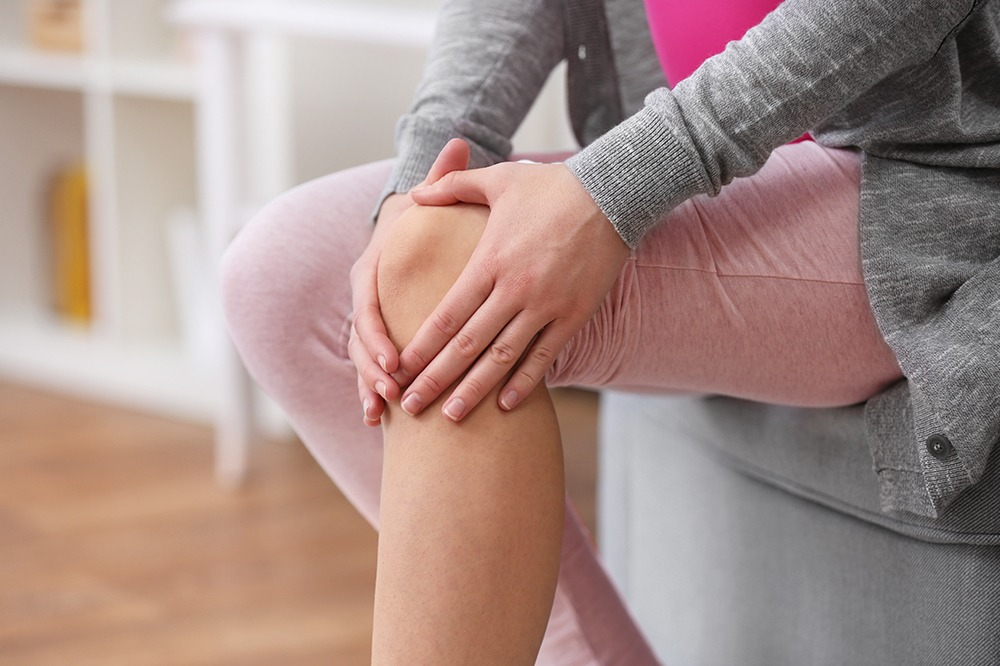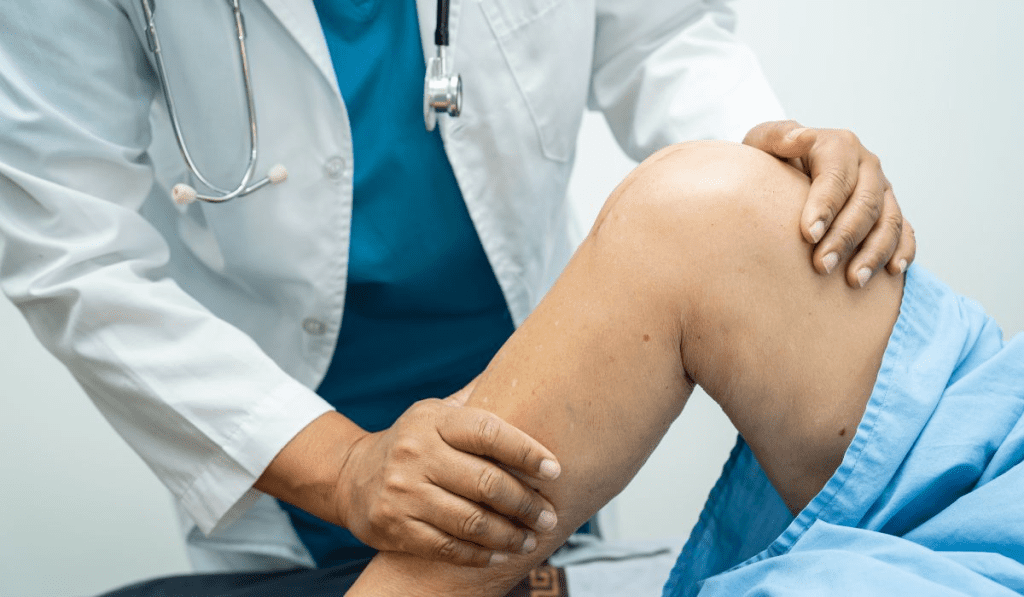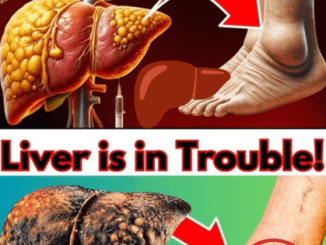Joint stiffness can be incredibly frustrating, especially when it limits your mobility and disrupts your daily life. While painkillers may offer quick relief, not everyone is keen on using them due to potential side effects or long-term risks. The good news? There are plenty of natural ways to ease joint stiffness and get back to moving freely. Let’s dive into some practical and effective approaches.
Understanding Joint Stiffness and Its Causes

Joint stiffness can stem from various factors, including:
- Arthritis: Conditions like osteoarthritis and rheumatoid arthritis often lead to inflammation and stiffness.
- Injuries or Overuse: Joint stress from repetitive movements or trauma can limit flexibility.
- Inactivity: Staying still for too long can make joints stiff, especially after waking up or sitting for extended periods.
Identifying the root cause of your stiffness is key to finding the right remedy. Once you know what you’re dealing with, you can explore natural methods to ease the discomfort.
The Importance of Addressing Stiffness Naturally
Why go natural? For starters, natural remedies often tackle the problem holistically, improving not just joint health but your overall well-being. Unlike painkillers, which mask symptoms, natural approaches can reduce inflammation, enhance mobility, and even prevent future issues. Plus, they’re less likely to come with unwanted side effects.
Boost Your Diet for Better Joint Health
Your diet plays a massive role in keeping your joints happy. Think of it as fueling your body with the right tools to repair and thrive. Here are some tips to get started:
- Load Up on Anti-Inflammatory Foods: Fatty fish like salmon, walnuts, and flaxseeds are rich in omega-3 fatty acids, which help reduce inflammation.
- Add Antioxidant-Rich Fruits and Veggies: Berries, spinach, and broccoli can protect your joints from damage caused by free radicals.
- Limit Processed Foods and Sugars: These can increase inflammation and make stiffness worse.
- Stay Hydrated: Water keeps joints lubricated, reducing friction and discomfort.
By tweaking your meals, you can build a foundation for better joint health without relying on pills.
Move It or Lose It: The Role of Exercise
When your joints feel stiff, exercise might be the last thing on your mind. But gentle movement is one of the best remedies. Here’s how to incorporate it into your routine:
- Try Low-Impact Activities: Swimming, cycling, and walking are easy on the joints and great for improving flexibility.
- Stretch Daily: Simple stretches or practices like yoga and tai chi can enhance your range of motion.
- Strengthen Surrounding Muscles: Light strength training supports the joints by taking pressure off them.
Consistency is key! Even a short 15- to 20-minute routine each day can work wonders over time.
Natural Supplements for Extra Support

Sometimes, your body could use a little extra help. That’s where natural supplements come in. Here are a few to consider:
- Glucosamine and Chondroitin: Known for supporting cartilage health and easing joint pain.
- Turmeric: Its active compound, curcumin, is a powerful anti-inflammatory.
- Omega-3 Fatty Acids: Found in fish oil, these can reduce inflammation and stiffness.
Always check with a healthcare professional before starting any new supplement, especially if you have existing health conditions.
Stretch It Out with Physical Therapy
Physical therapy can be a game-changer for chronic stiffness. A trained therapist can create a personalized plan that includes:
- Targeted Exercises: These can strengthen muscles and improve joint function.
- Stretching Techniques: Gentle stretches can reduce stiffness and maintain flexibility.
- Additional Therapies: Techniques like ultrasound therapy or heat treatments can further alleviate discomfort.
Think of physical therapy as a way to retrain your body for optimal movement.
Explore Alternative Therapies

If you’re open to trying something different, alternative therapies can complement your natural approach. Here are some worth exploring:
- Acupuncture: This ancient practice may help reduce inflammation and promote better circulation.
- Massage Therapy: A good massage can relax tense muscles and improve blood flow to stiff joints.
- Chiropractic Care: If misalignment is contributing to your stiffness, a chiropractor might be able to help.
These therapies work best when combined with other natural remedies for a holistic treatment plan.
Manage Stress for Better Joint Health
Did you know stress can make joint stiffness worse? It’s true—stress hormones can trigger inflammation and muscle tension. Here’s how to keep stress in check:
- Practice Mindfulness: Meditation or deep breathing exercises can help you relax.
- Stay Active: Physical activity isn’t just good for your joints—it’s a great stress reliever too.
- Get Enough Sleep: Poor sleep can exacerbate pain and stiffness, so prioritize rest.
By managing stress, you’ll not only feel better mentally but physically too.
Lifestyle Adjustments for Long-Term Relief

Small lifestyle changes can add up to big improvements in joint health. Here’s how to set yourself up for success:
- Maintain a Healthy Weight: Less weight means less stress on your joints, especially in the knees and hips.
- Focus on Ergonomics: Make sure your workspace and home setup support good posture and joint alignment.
- Stay Active Throughout the Day: Avoid sitting for too long—stand up, stretch, and move around regularly.
These adjustments are simple yet effective ways to keep stiffness at bay.
Conclusion
Joint stiffness can be a real pain—literally and figuratively—but you don’t have to rely on painkillers to find relief. By adopting natural remedies like improving your diet, staying active, and exploring alternative therapies, you can tackle the problem head-on and boost your overall well-being. It’s all about finding what works best for you and sticking with it. Remember, your joints will thank you for every step (or stretch) you take toward better health!


